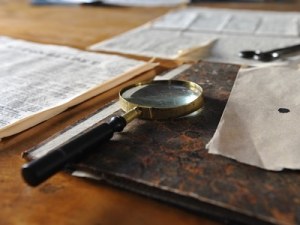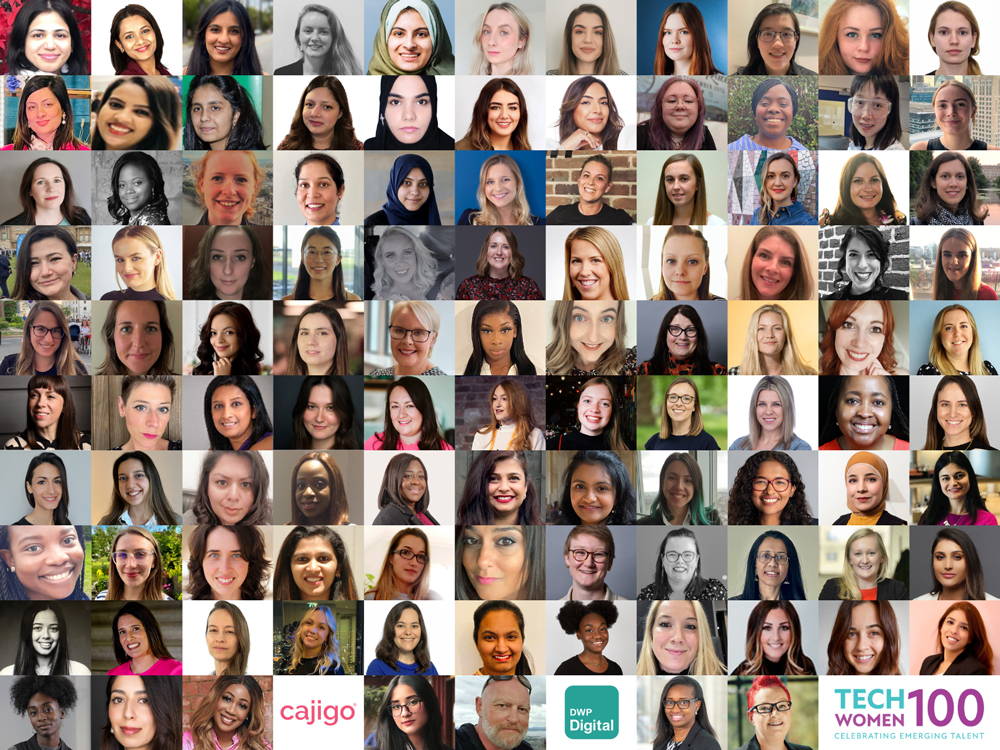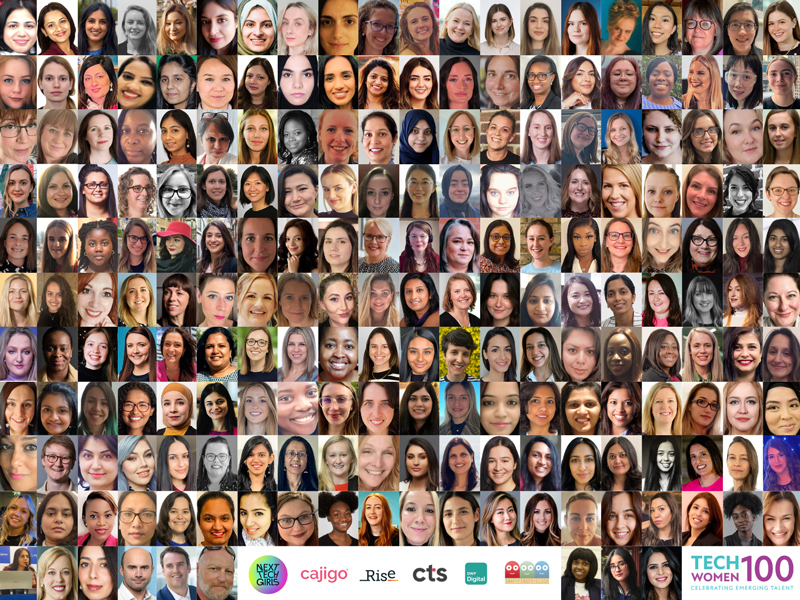
A story app aimed at encouraging children to question ‘who made this?’, ‘where does this come from?’ and ‘what impact does this have on our world?’ is set to take the science, technology, engineering and maths (stem) community by storm, as Detective Dot readies for launch.
Detective Dot, created by social enterprise Bright Little Labs, is an eight year old coder with a special power of being able to talk to her belongings to question where they come from and how they were made. She uses computer science to investigate how objects such as microchips are made from Brazillian sand and Ugandan copper.
Bright Little Lab is crowdfunding its first digital story titled “The Amazing Adventures of Detective Dot and Mr Tumble” where Dot’s t-shirt “Tumble” comes to life.
Detective Dot will be unveiled in January at the education technology show BETT. Digital and hardback versions will be available with free curriculum materials for schools from March 2016. There are also plans for apps, web-based games, cartoons and ‘maker-kits’ for children which includes robotics kits for girls and boys to encourage learning programme using ethically sourced parts.
The brainchild of Sophie Deen, Detective Dot is aimed at children aged seven to nine.
CEO and social entrepreneur Deen has previously worked with Code Club, the Department of Education and Google to teach the new computing curriculum to England’s primary school teachers. She founded Bright Little Labs in March 2015.
Deen and Bright Little Labs were recognised as a “Rising Star” in Computer Weekly’s Most Influential Women in IT 2015 awards for promoting STEM to children.
According to Deen women only make up 18% of computer science degrees, and 12.8% of the STEM workforce partly due to a lack of positive role models for young children.
She said: “Stereotypes are starkly reflected in kids cartoons. Stories give children a glimpse of the world outside their own, but currently they’re warping their ideas about the world, themselves and others. I want to change that.”
“We need strong female characters like Dot to encourage young girls early to get into STEM and coding, and to make the whole space more accessible to children, and parents too.”
A recent poll conducted by Bright Little Labs found a disconnect between what children believe about the world and the world itself. For example, they estimated that 40% of the global population has white Caucasian skin, whereas this figure is actually 15%. Furthermore, 39% thought that around half of cartoon characters in children’s media are “white” whereas this figure is 72%. Only 2.9% are black.
In addition a 2012 survey showed 40% of UK youths don’t know milk comes from a cow, and a t-shirt from China costs less than a cup of coffee.
Miles Berry, University of Roehampton said: “Dot is a great role model: she cares that her coding makes the world that bit better.” Designed by experts in education, gaming, sustainability and children’s media, Detective Dot tackles big issues, from supply chain inequality to diversity in technology, with fun, engaging storytelling.”
Rick Jones, Google & advisor to Detective Dot said: “Dot takes on complex global issues in ways that make sense, and are attractive to children – much in the same way that Minecraft teaches children to take care of scarce resources, and creativity in problem solving.” Leigh McAlea, from charity Traid, said: “Bright Little Labs approach to encouraging children to investigate where their stuff comes from is brilliant.”
You can find out more information about Bright Little Lab’s Kickstarter here.








